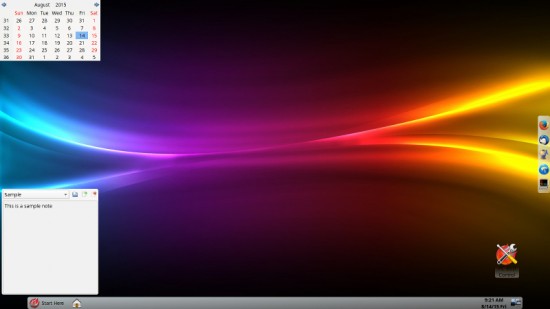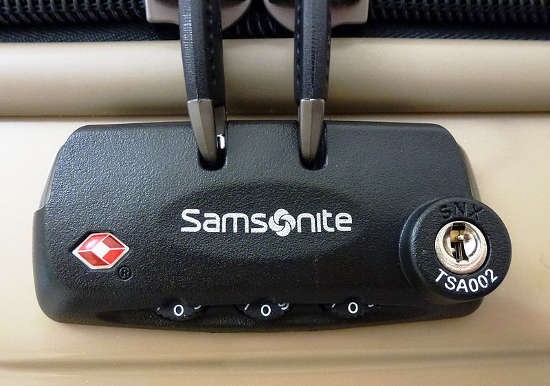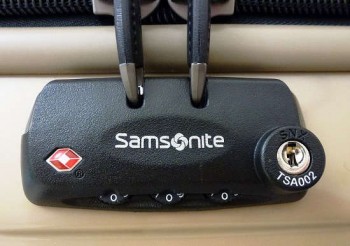The FOSS Force Poll
Our latest poll indicates that many FOSS advocates will end up purchasing a Ubuntu tablet when they become available in March.
Granted, you’re a special audience with a special interest. For the most part you use Linux, and not because you’re a mooch and it doesn’t cost you anything, but because you recognize it as the best that’s available. Certainly it doesn’t hurt that it’s free and open source software. Indeed, you probably think that’s what makes it best, as you most likely see FOSS as the best software development model.
You use GNU/Linux on your desktops and laptops, and most likely use Android on your mobile devices, mostly because it uses the Linux kernel and at least claims to be open source. But you know the difference between OSS and FOSS and would like nothing better than to be able to run GNU/Linux, real honest-to-goodness FOSS, on your phone or tablet — especially now that Firefox OS has been removed from the shelf.
That’s what we figured going in with our latest poll. It was an educated guess, for sure, but it turned out to be correct.








